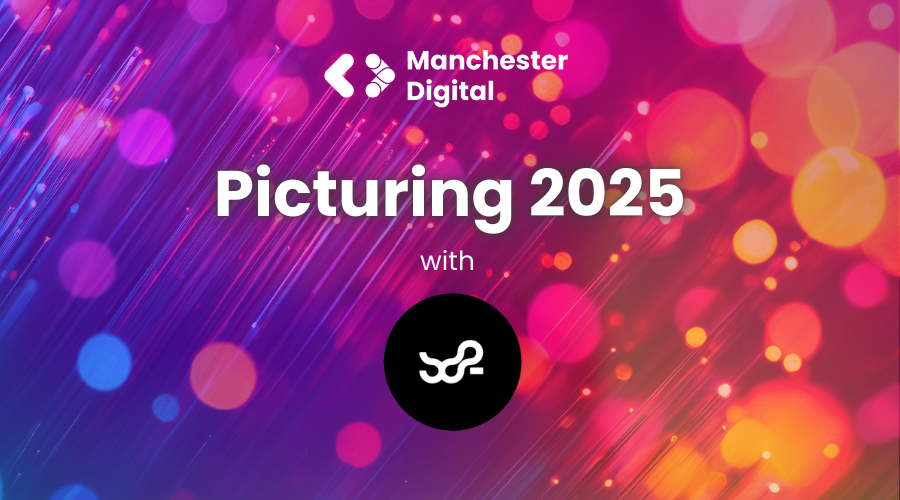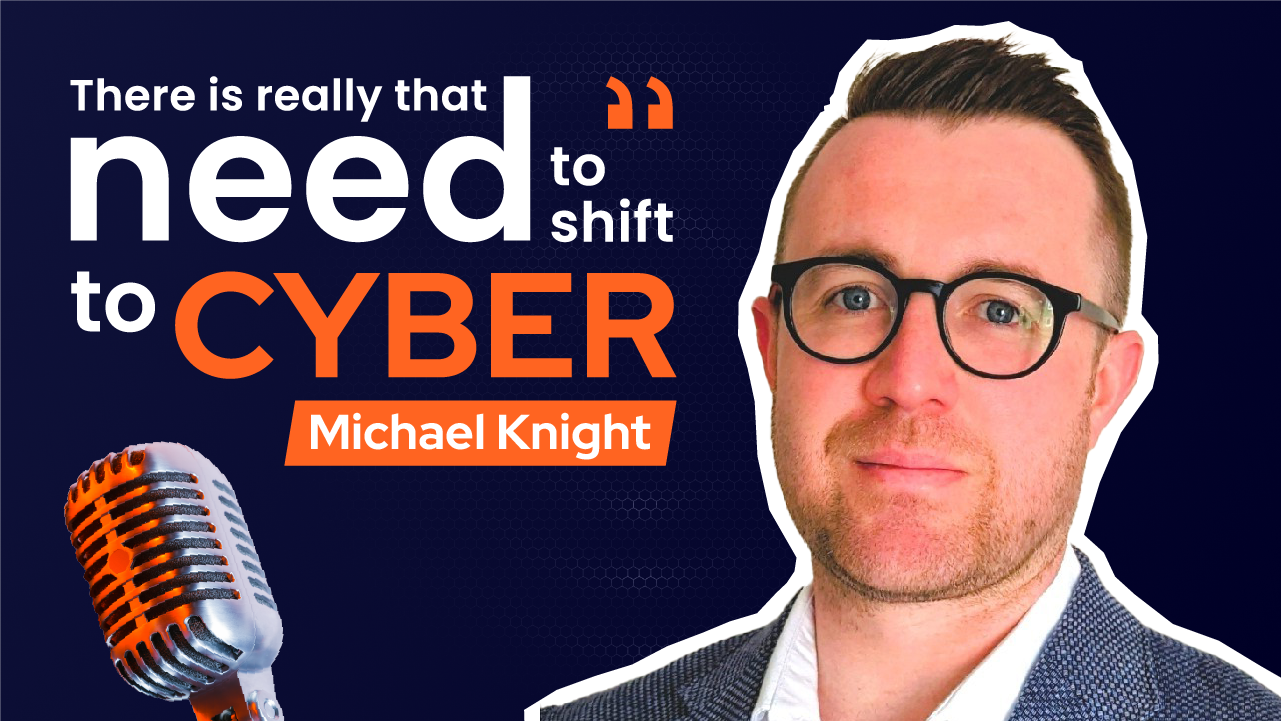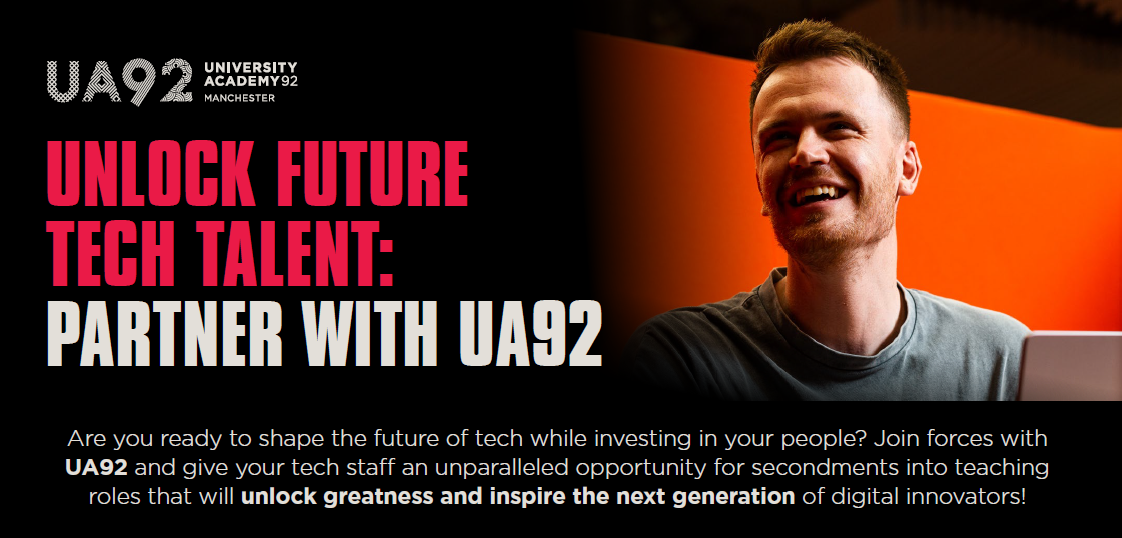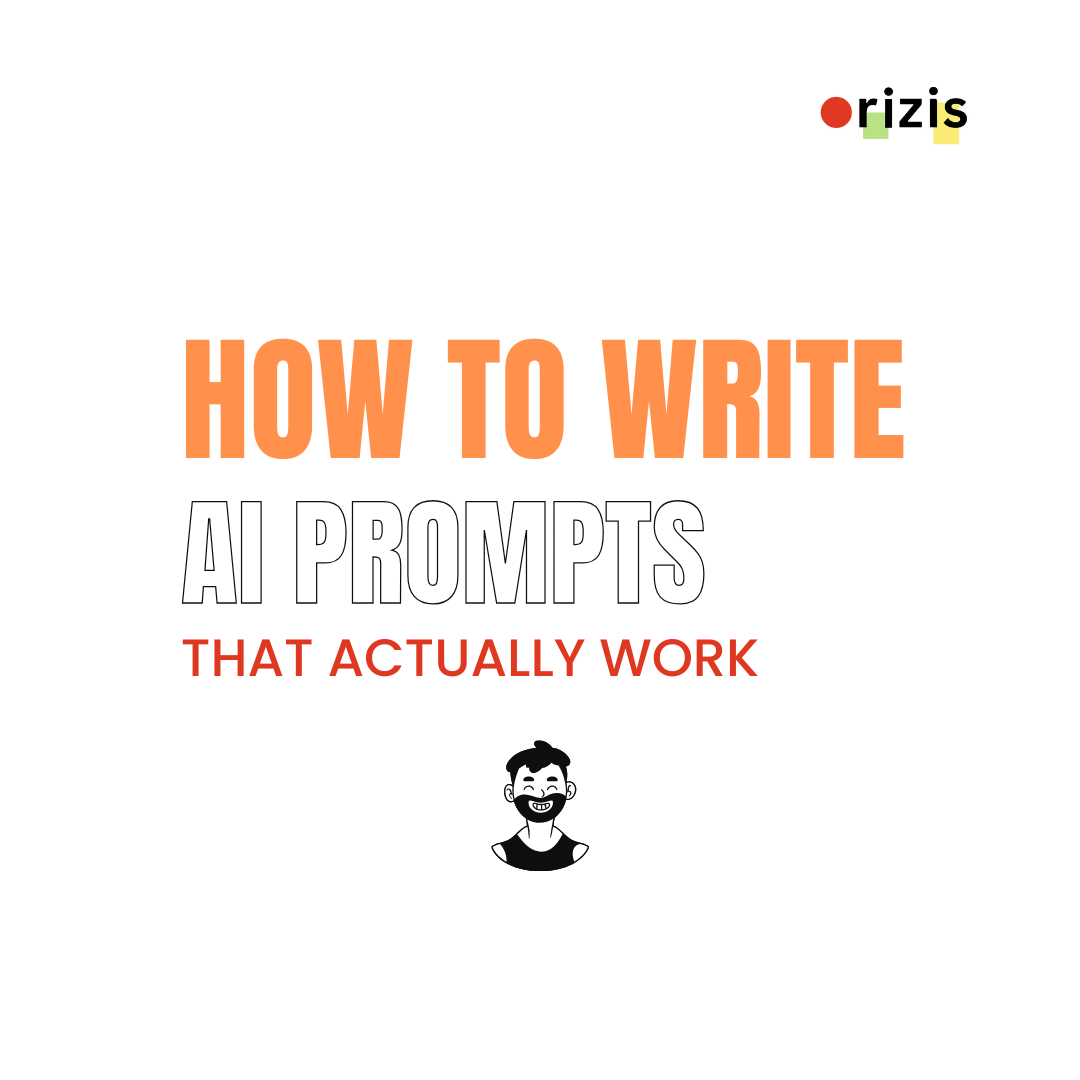
As we approach 2025, Manchester Digital is excited to share Picturing 2025 - a series of essays from our members offering insights into the tech trends and challenges ahead. Below, bd2 look beyond the AI Hype Cycle.
2025 predictions? No doubt Artificial Intelligence will be top of most people’s list so I’ll leave it to others - who know much more about AI than I do - to talk about how brilliant and transformational it is, and is going to be.
Save for the observation that it feels like we’re probably nearing ‘the peak of inflated expectations’ in Gartner’s technology Hype Cycle, which is usually followed by a ‘trough of disillusionment’ as its limitations become apparent (I doubt it will be the panacea for virtually everything that some people think it will). Then it will, no doubt, continue its merry way through the Hype Cycle, up the ‘slope of enlightenment’ period before reaching ‘the plateau of productivity’ when it will become as ubiquitous as the internet is now.
We’re still in the pioneering days, but have already witnessed rising concerns about ethics and the fear of making skills, and therefore roles, redundant. The short-term use of AI will probably be curtailed by cost, and the chip shortage, which may limit its use to those bigger players with deeper pockets. There is also a serious challenge with CO2 emissions. This is a big issue for AI and one that’s garnering more attention given the computing power needed to run AI and what this means for the use of power by data centres. In Ireland, for example, which is home to many data centres, these accounted for 18% of all of Ireland’s electricity use in 2022 and this is expected to rise to 30% by 2026. As reported in Techmonitor, a Council in Ireland recently rejected a planning application by Google to build a new data centre just outside Dublin because:
“...it did not address how much power the site would consume once operational in 2027. The Council’s decision aligns with Ireland’s growing concerns over electricity grid constraints, partly due to the increasing number of power-hungry data centres that are essential for cloud services and artificial intelligence (AI) applications.”
Given the already huge pressures on natural resources and the imperative for sustainability, this clearly needs to be addressed as AI becomes more widely adopted – there’s an expectation that 80% of businesses will be using Gen AI by 2026.
Thinking about AI from our perspective, as developers of e-commerce and content managed websites, we think it will create more content to manage because 85% of the content journey happens before the CMS. The use of AI obviously makes it easier to create content, which is what many people especially marketers are using it for now, with benefits such as validation of the tone of voice in copy and suggestions on how to fix it, or the creation of summaries from a body of text.
Again, from a web dev perspective, personalisation and individualisation will be more important with research showing that over 70% of users expect personalisation and tailored experiences, based on groups of personas and market segments. Individualisation takes this to another level with user-specific experiences, again it’s AI that will play a key role in enabling this. It will bring significant uplift in areas like e-commerce with intelligent prompts, to repurchase a consumable product for example, driving increases in revenues. AI also has significant implications for search, with specific risks for Google in particular, because it has the ability to learn user intent and context to then provide unique results.
Finally, again thinking about things in our web dev world, the use of MACH (Microservices-based, API-first, Cloud- native and Headless) within ‘best of breed’ composable solutions that integrate websites with any number of data sources - from ERPs and CRMs, onto PIMs and DAMs - will continue to grow. This approach brings new levels of flexibility to enterprises and Gartner is predicting that by the end of the year 70% of businesses will adopt composable DXP platforms and 60% of e-commerce sites will follow the MACH principle. This will lead to more Back-end for Front-end APIs to provide links between websites and whatever data sources they link to, including the CMS.
By Will Bentley, Managing Director at bd2.









